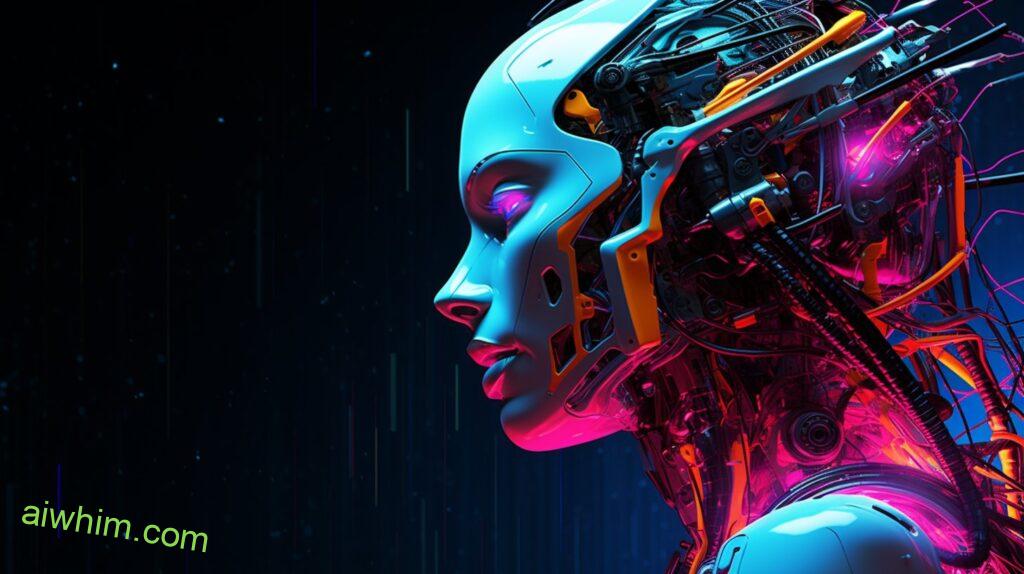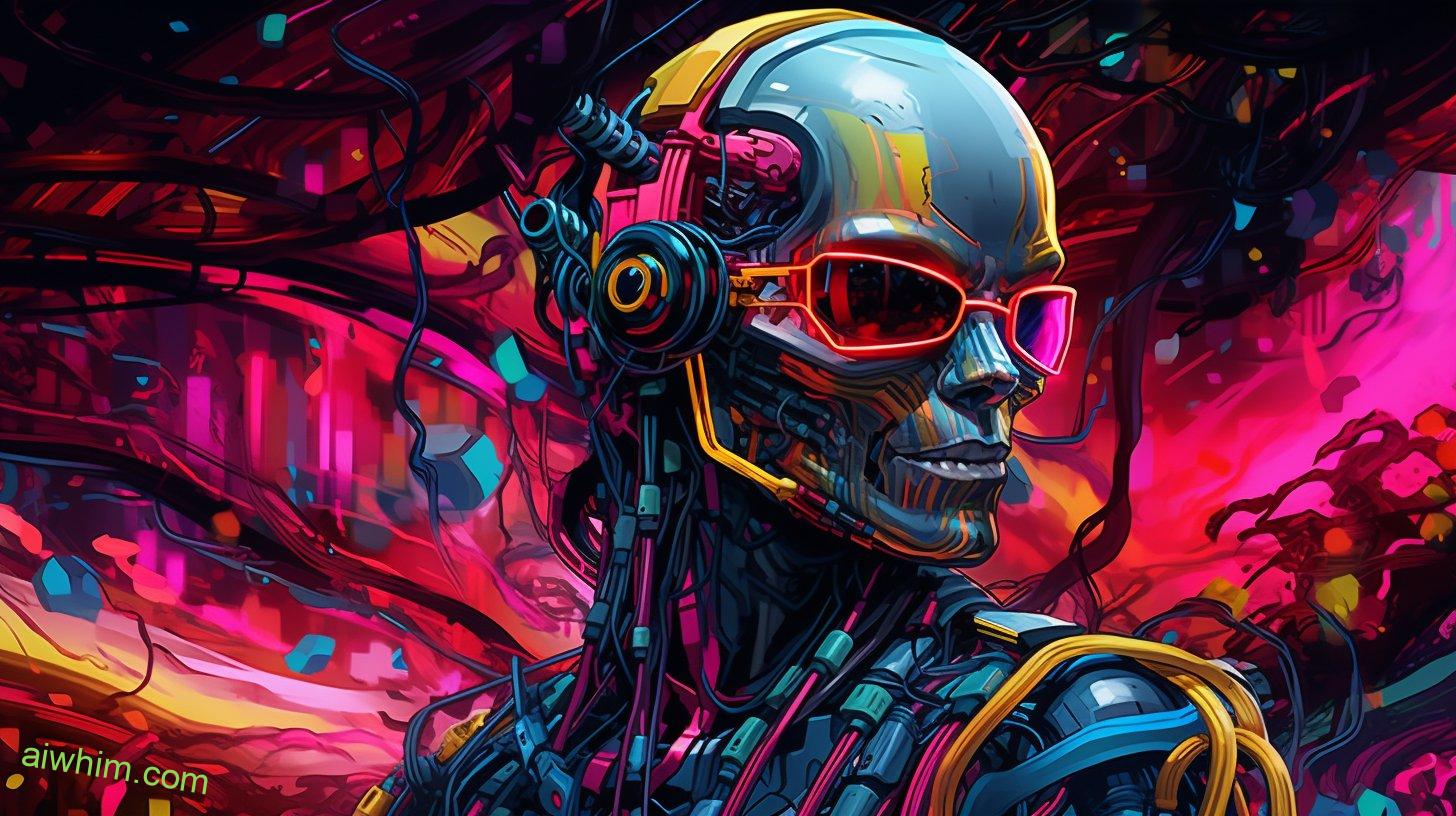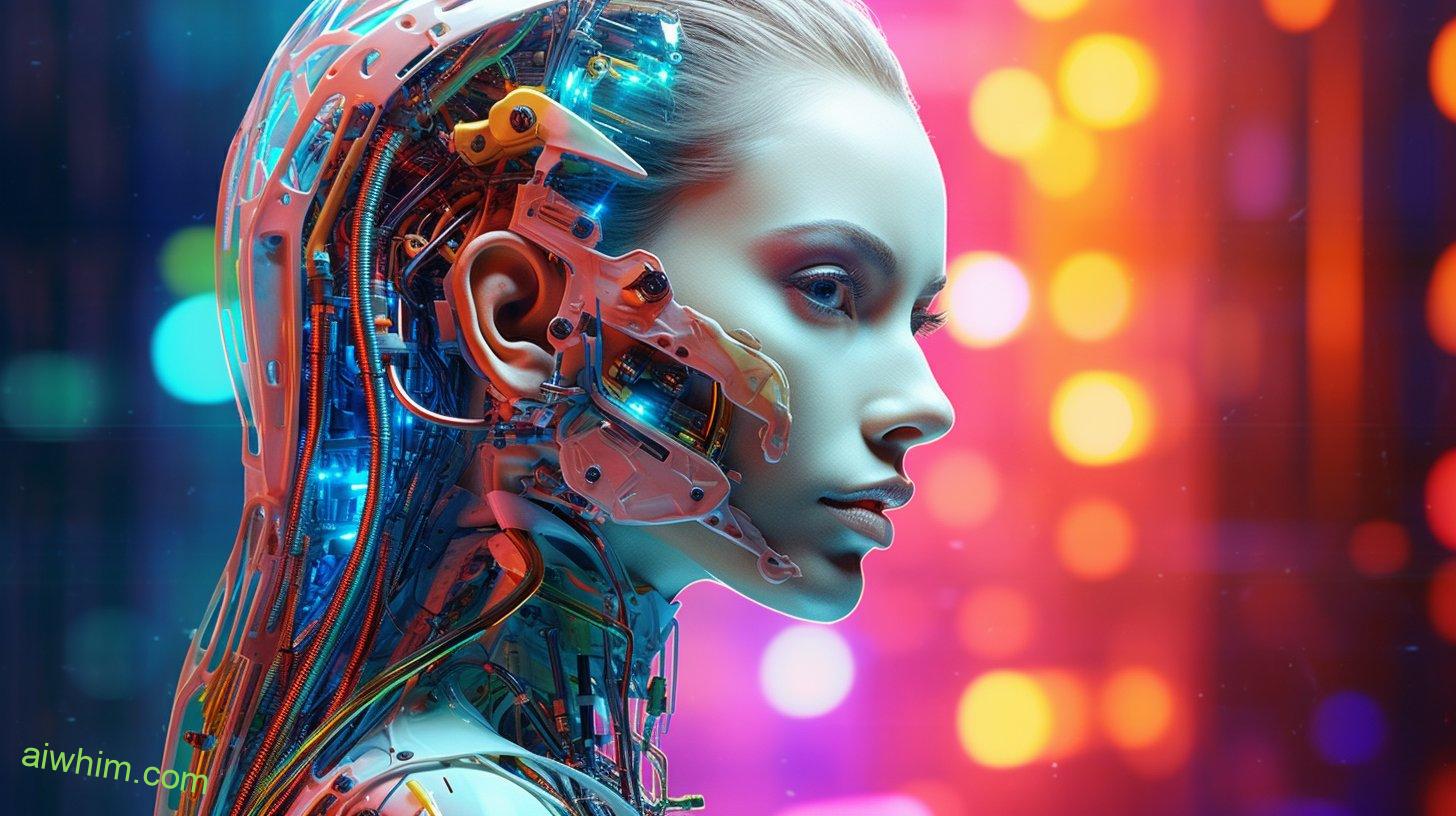Are you ready to explore a world where AI takes the stage alongside dietitians and nutritionists? Step into the future and imagine a partnership that enhances your dietary journey.
Just like a dance between two skilled partners, AI can offer personalized guidance while you maintain your freedom to make choices.
In this article, we will delve into the potential benefits and limitations of AI in the field of nutrition, and discuss how human experts can collaborate with this technology for optimal results.
Key Takeaways
- AI has made its way into the field of nutrition, but ethical concerns exist regarding biased algorithms and limited or biased data.
- AI-powered nutrition apps offer personalized guidance and customized meal plans, but they lack the human touch and struggle with unique circumstances and cultural considerations.
- AI has the potential to enhance the expertise of dietitians and nutritionists by providing valuable insights, data, and real-time feedback.
- Collaborating with AI can offer a more comprehensive and tailored approach to nutrition goals, but AI cannot replace the personalized advice and support provided by human professionals.
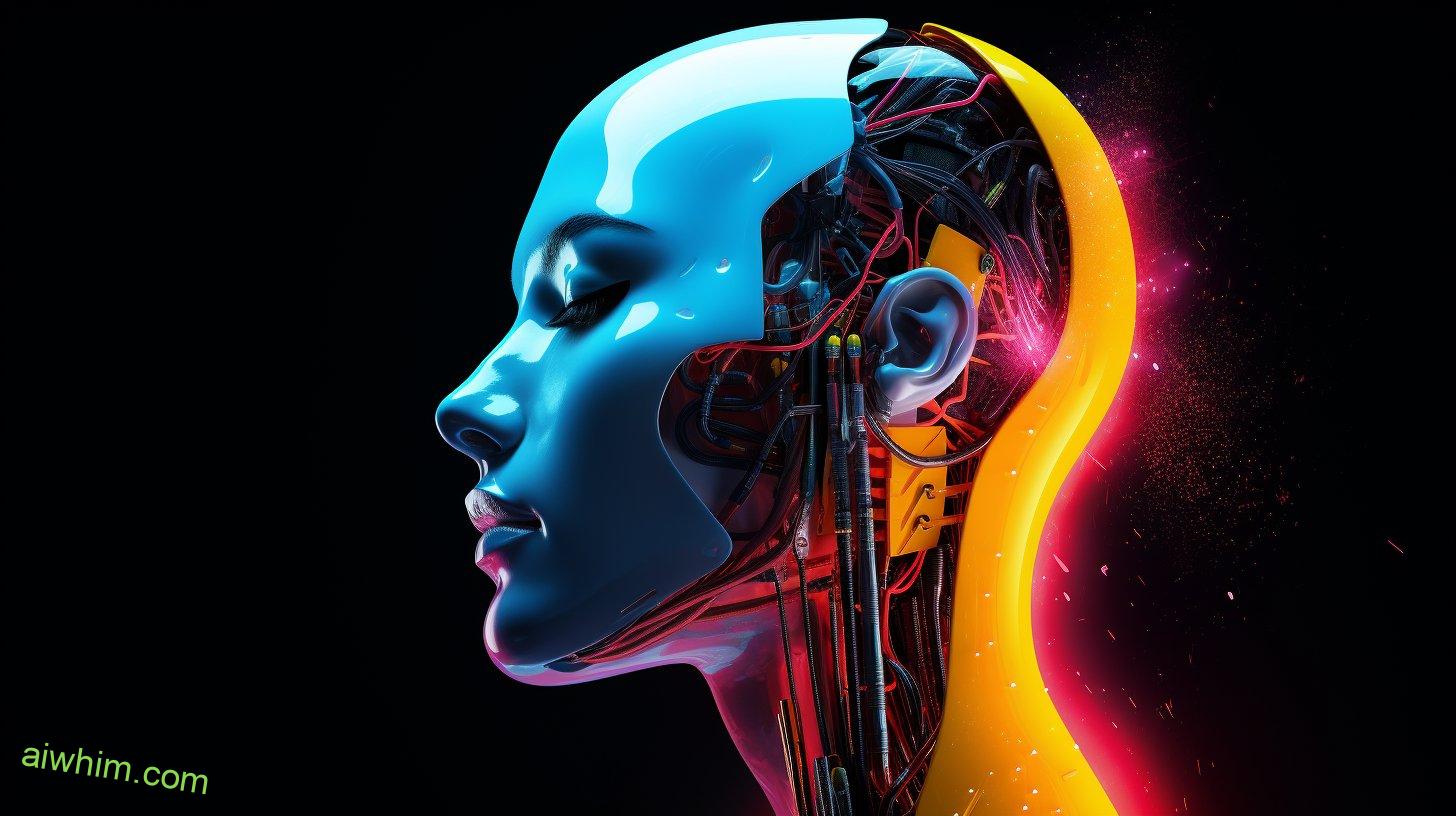
The Rise of AI in the Field of Nutrition
You may be wondering if AI will replace the roles of dietitians and nutritionists in the field of nutrition. With the rise of technology, AI has made its way into various industries, including the realm of food and nutrition.
However, there are ethical concerns surrounding AI’s influence on nutrition recommendations, as well as its impact on the food industry and consumer behavior.
One of the main ethical concerns surrounding AI’s influence on nutrition recommendations is the potential for biased algorithms. AI systems rely on data to make predictions and recommendations. If the data used to train these systems is biased or limited, it could lead to inaccurate or discriminatory recommendations.
For example, if an AI system is trained on data that predominantly represents a certain demographic, it may not provide appropriate recommendations for individuals from other backgrounds. This raises concerns about equity and fairness in the field of nutrition.
Additionally, the impact of AI on the food industry and consumer behavior can’t be overlooked. AI has the potential to revolutionize the way food is produced, distributed, and consumed. For instance, AI-powered apps and devices can analyze nutritional content, provide personalized meal plans, and track dietary habits. This can empower individuals to make informed choices about their diet and lead to better overall health outcomes.
On the other hand, the reliance on AI in the food industry may also lead to increased standardization and loss of personal touch in nutrition counseling.
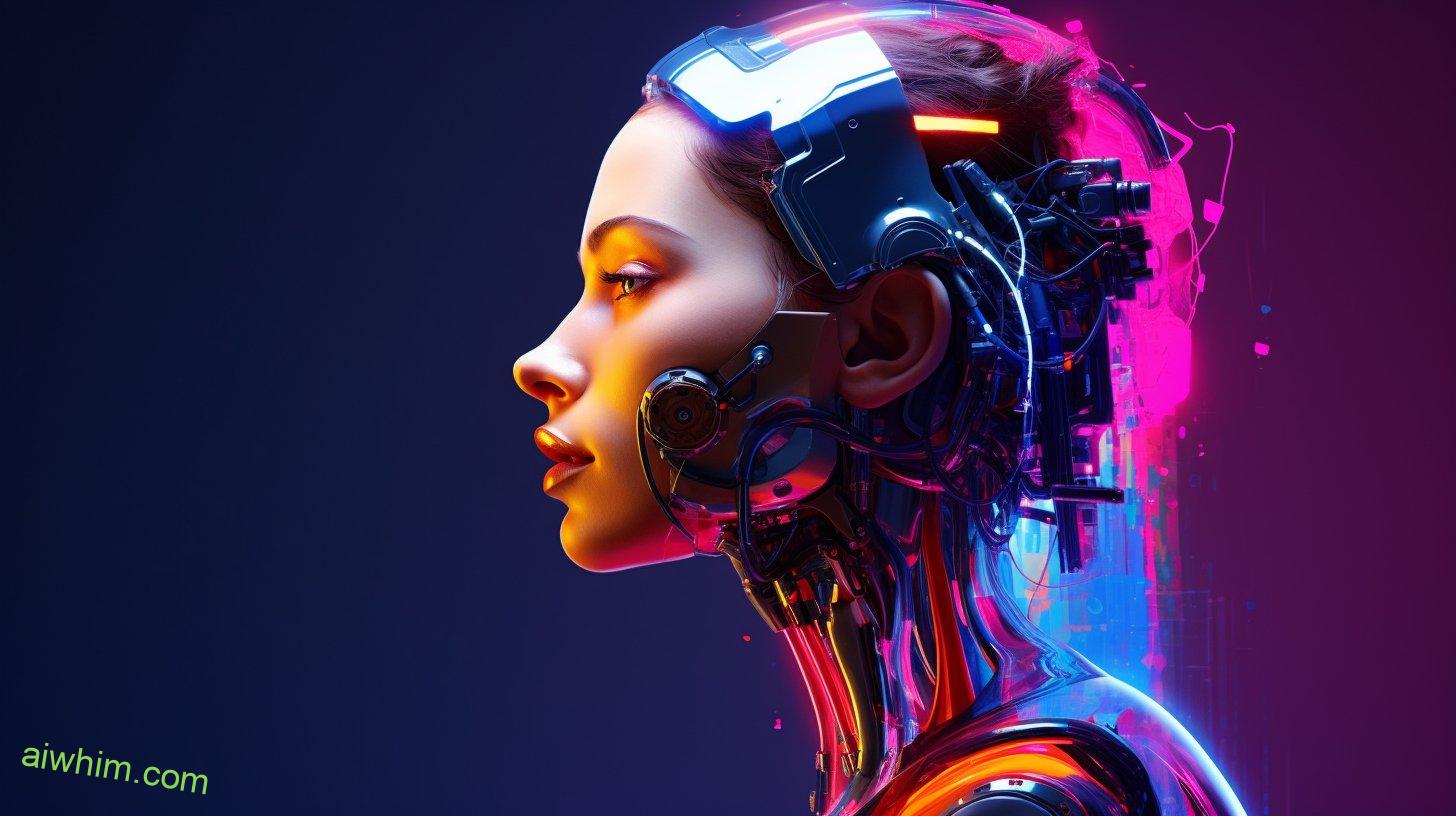
AI’s Potential Benefits for Personalized Dietary Advice
If you’re looking for personalized dietary advice, AI has the potential to provide numerous benefits. With the rise of AI powered nutrition apps, you now have the freedom to take control of your own health and wellness journey. These apps use advanced algorithms to analyze your unique needs and preferences, offering customized meal plans that are tailored specifically to you.
AI has the ability to gather vast amounts of data about your individual health profile, including factors like your age, gender, weight, and activity level. By taking into account your specific goals, whether it’s weight loss, muscle building, or simply maintaining a balanced diet, AI can generate meal plans that meet your nutritional requirements.
One of the key advantages of AI powered nutrition apps is their convenience. You no longer need to rely on the expertise of dietitians and nutritionists, as these apps are available at your fingertips, anytime and anywhere. They can provide real-time feedback and suggestions, helping you make healthier choices and stay on track with your dietary goals.
Moreover, AI is constantly learning and evolving, which means that the more you use these apps, the better they become at understanding your needs and preferences. They can adapt to your changing lifestyle and provide updated meal plans that align with your current goals.
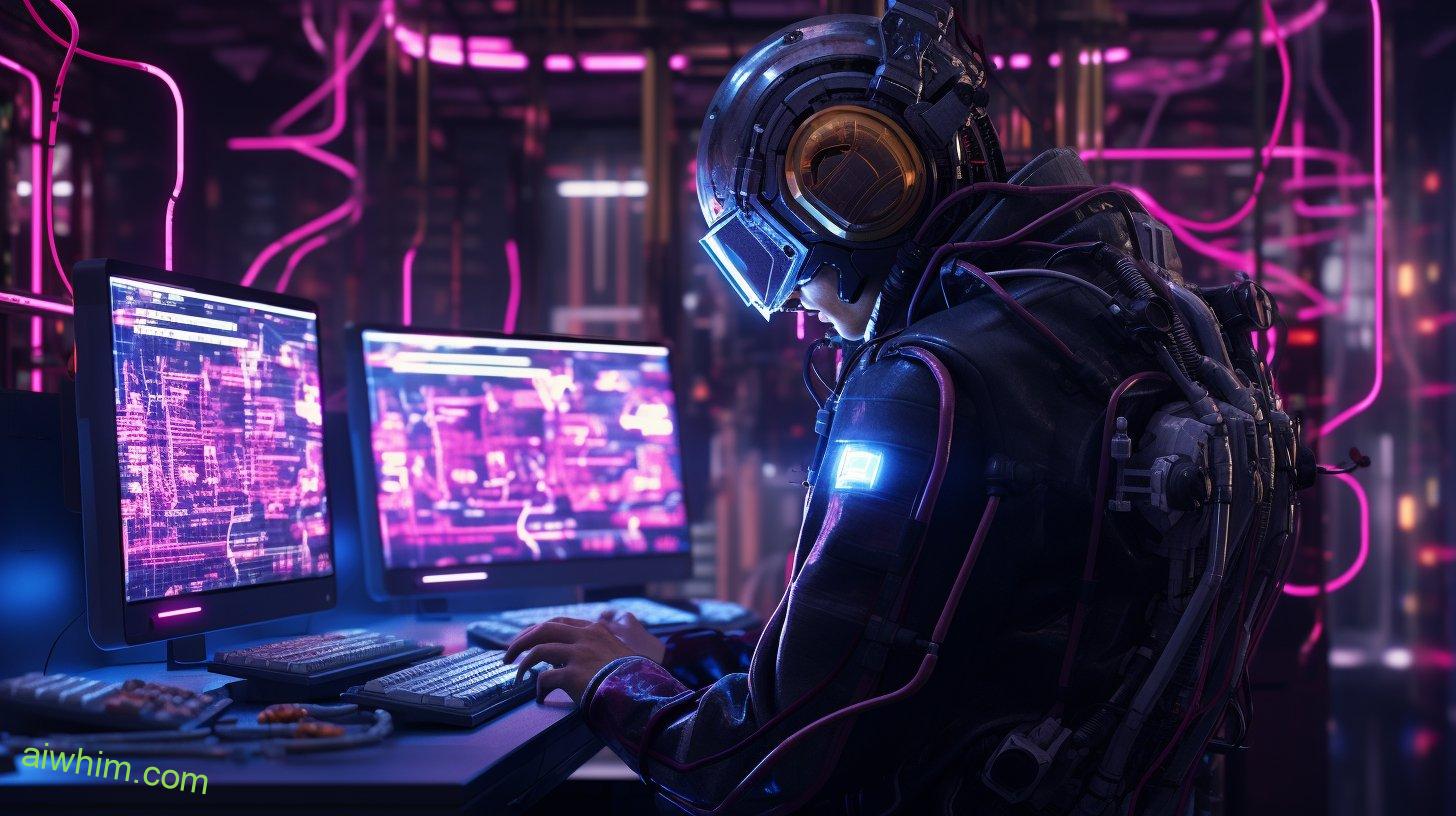
The Limitations of AI in Providing Comprehensive Nutrition Guidance
While AI has made significant advancements in providing personalized dietary advice, it’s important to acknowledge the limitations of its ability to offer comprehensive nutrition guidance. AI technology has its challenges when it comes to understanding the nuances of individual needs and providing holistic recommendations.
Here are some of the limitations faced by AI in this area:
- Lack of Human Connection: AI lacks the human touch that dietitians and nutritionists provide. Building a personal relationship and understanding the emotional aspects of an individual’s relationship with food is crucial for effective guidance.
- Limited Contextual Understanding: AI struggles to take into account the unique circumstances and cultural considerations that may impact someone’s dietary choices. It may not fully understand the challenges and constraints that individuals face in their daily lives.
- Inability to Adapt to Complex Situations: AI may struggle to provide guidance in complex situations, such as managing multiple chronic conditions or dealing with specific dietary restrictions. Its algorithms may not be able to adapt and provide tailored advice in these scenarios.
- Ethical Considerations: AI raises ethical concerns regarding privacy and data security. Users may hesitate to share personal information, limiting AI’s ability to provide accurate and personalized advice.
While AI has its limitations in providing comprehensive nutrition guidance, it can still be a valuable tool when used in conjunction with human expertise. By combining the power of AI technology with the knowledge and experience of dietitians and nutritionists, individuals can receive the best of both worlds – personalized advice and human support.
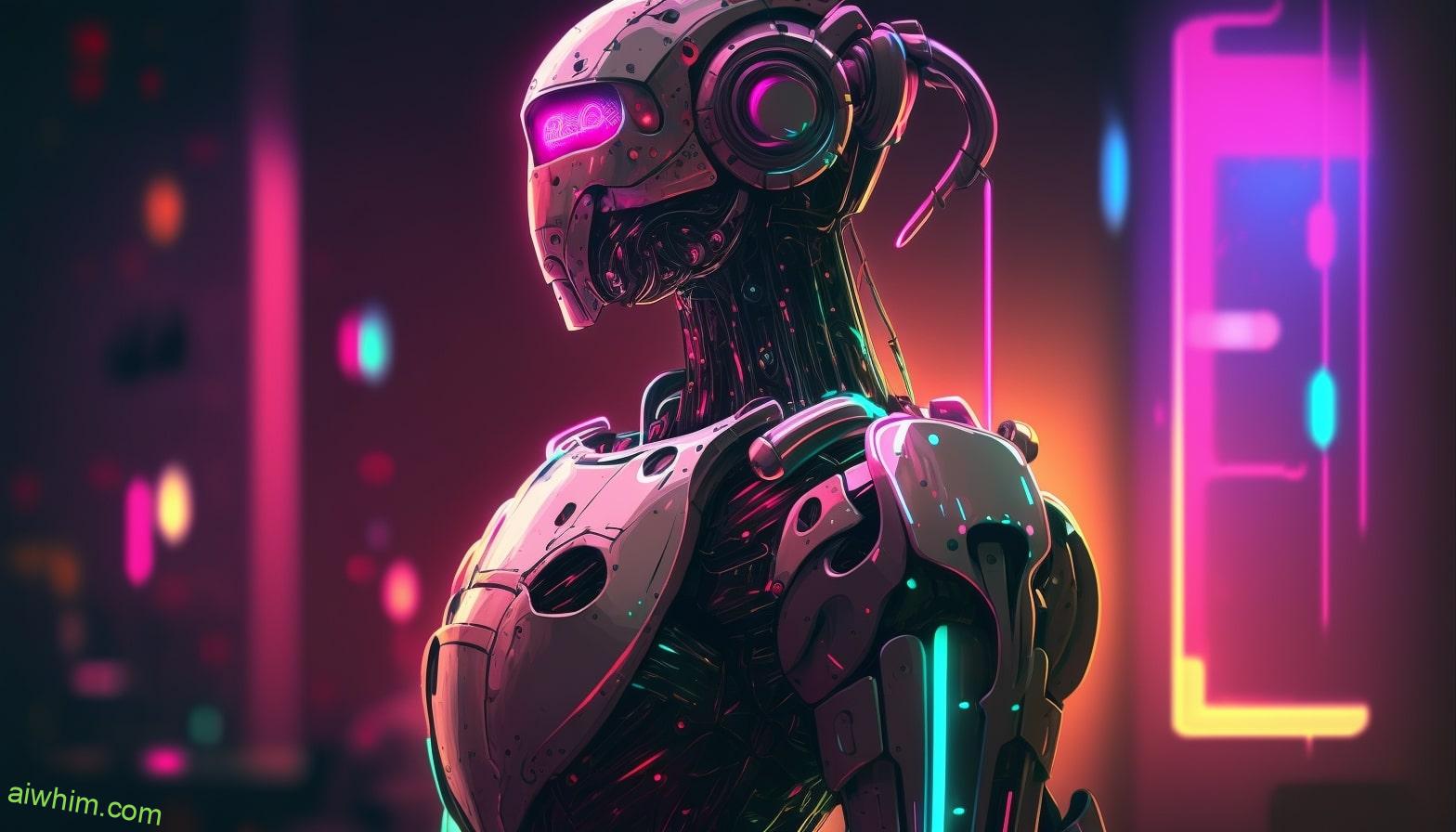
The Role of Dietitians and Nutritionists in the Age of AI
In the age of AI, dietitians and nutritionists continue to play a vital role in providing personalized guidance and support for your dietary needs. Despite the advancements in technology, AI can’t replace the human touch and expertise that dietitians and nutritionists bring to the table. While AI has its benefits, it also has limitations and ethical implications that can impact your well-being.
When it comes to job security, the impact of AI on dietitians is a concern that many in the field have. With the rise of nutrition apps and online platforms, some may argue that AI can replace the need for human professionals. However, this overlooks the fact that dietitians provide more than just information. They offer personalized advice, taking into account your unique health conditions, preferences, and goals. AI can provide general recommendations, but it lacks the ability to truly understand your individual needs.
Additionally, relying solely on AI for nutrition advice raises ethical concerns. AI algorithms are programmed based on data, which means the information provided may not always be accurate or up-to-date. There’s also the issue of bias in algorithms, which can lead to discriminatory practices. Dietitians and nutritionists, on the other hand, are trained professionals who adhere to ethical guidelines and prioritize your well-being above all else.
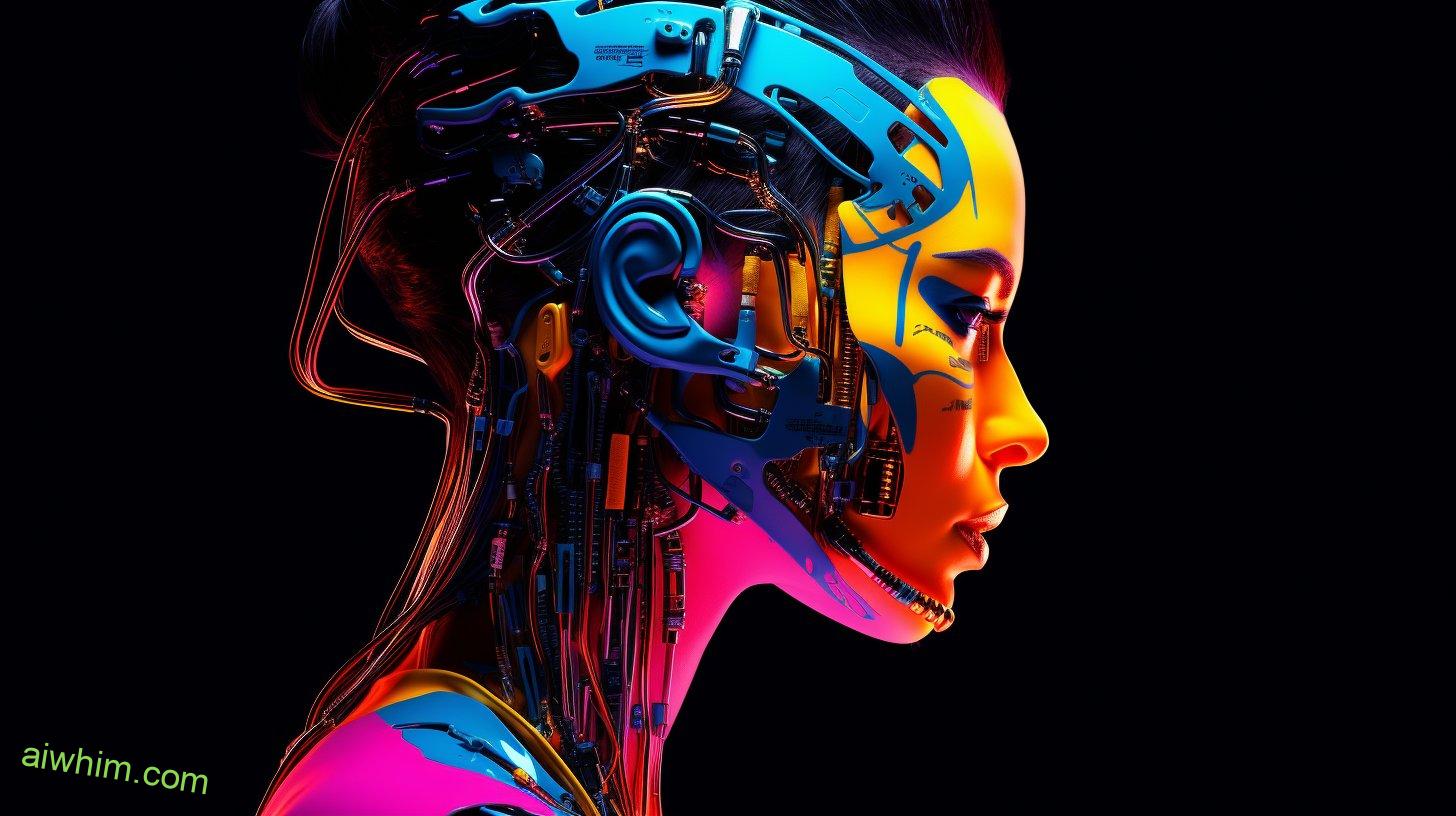
Collaborating With AI: Enhancing the Nutritionist’s Expertise
Enhancing your expertise as a nutritionist, collaborating with AI can provide valuable insights and data to support your personalized guidance for dietary needs. With the advancement of technology, AI-powered meal planning and nutrition tracking tools are becoming increasingly popular among individuals seeking to improve their health and wellbeing.
By integrating AI into your practice, you can offer your clients a more comprehensive and tailored approach to their nutrition goals.
Here are four ways in which collaborating with AI can enhance your expertise as a nutritionist:
- AI-powered meal planning: Utilizing AI algorithms, you can create customized meal plans that take into account your clients’ specific dietary requirements, preferences, and goals. These meal plans can be adjusted in real-time based on the latest nutritional research and individual feedback, ensuring optimal results.
- Improved nutrition tracking: AI can streamline the process of tracking and analyzing your clients’ nutritional intake. By using AI-powered apps or devices, your clients can easily log their meals, and AI algorithms can then analyze the data to provide valuable insights into their nutrient consumption. This information can help you identify areas for improvement and make more informed recommendations.
- Data-driven decision making: By collaborating with AI, you can access a vast amount of data that can inform your decision-making process. AI algorithms can analyze trends, patterns, and correlations within large datasets, providing you with valuable insights and helping you stay up-to-date with the latest research and recommendations.
- Enhanced client support: AI-powered tools can provide ongoing support for your clients, offering real-time feedback, reminders, and motivation. These tools can help your clients stay on track with their nutrition goals, leading to improved adherence and better overall outcomes.
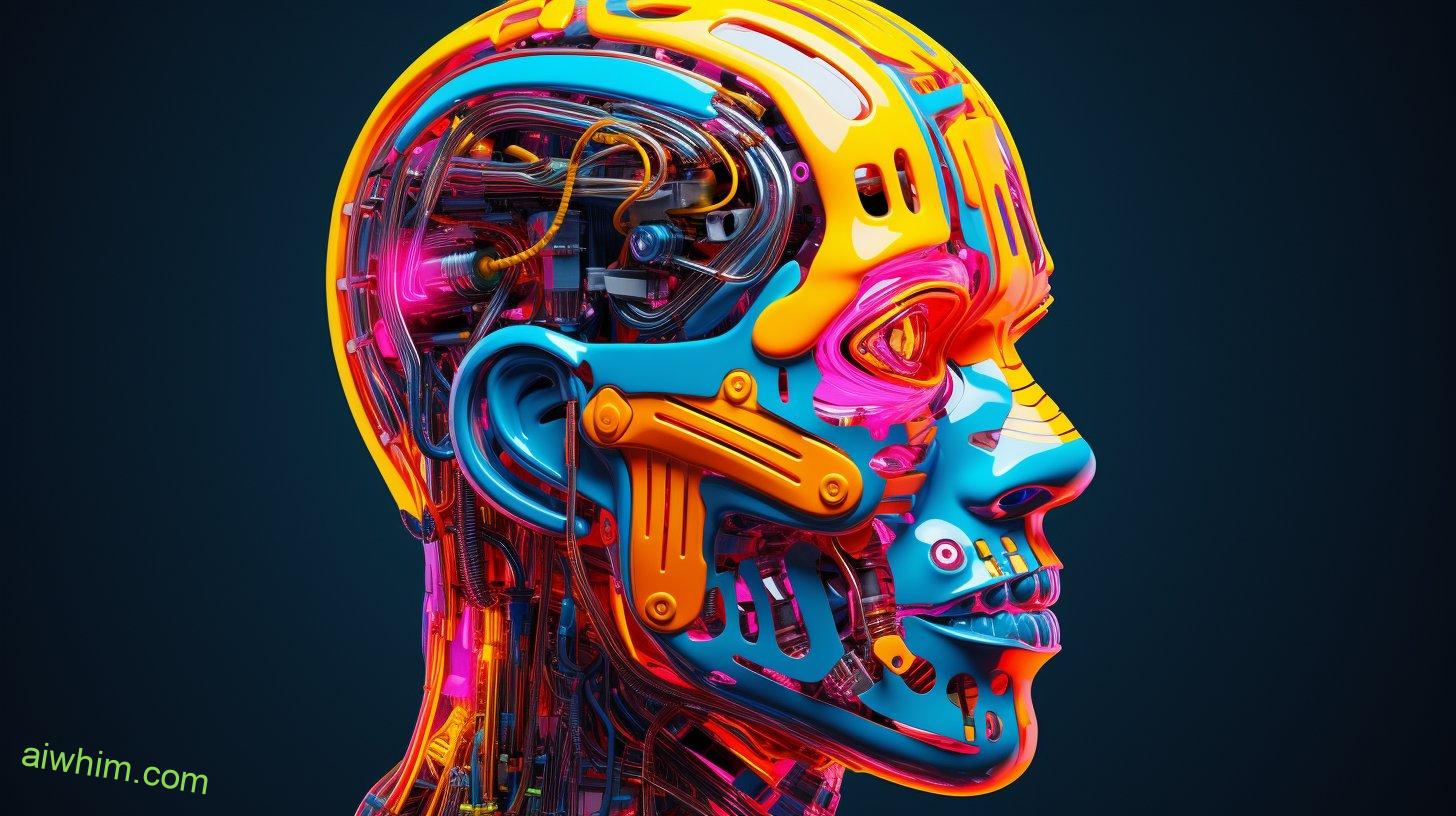
The Future Outlook: Coexistence of AI and Human Nutrition Experts
Now, let’s take a glimpse into the future and explore the coexistence of AI and human nutrition experts.
As technology continues to advance, the role of AI in nutrition research is set to become increasingly significant. AI has the potential to revolutionize the way we understand nutrition and its impact on our health.
With its ability to process vast amounts of data quickly and efficiently, AI can assist in analyzing complex nutritional patterns and identifying trends that may have previously gone unnoticed. By leveraging machine learning algorithms, AI can provide valuable insights into personalized nutrition plans, helping individuals make informed choices about their diet and lifestyle.
The impact of AI on public health initiatives can’t be underestimated. By harnessing the power of AI, governments and healthcare organizations can develop targeted interventions and strategies to address pressing nutritional challenges, such as obesity and malnutrition. AI can help identify high-risk populations, predict health outcomes, and optimize public health interventions for maximum effectiveness.
However, it’s important to remember that AI shouldn’t replace human nutrition experts. While AI can provide valuable data and analysis, it lacks the empathy, personal connection, and individualized guidance that human nutritionists provide. The human touch is irreplaceable when it comes to understanding the nuances of each person’s unique circumstances and tailoring nutrition advice accordingly.
In this future outlook, AI and human nutrition experts will work hand in hand, complementing each other’s strengths. AI will enhance the expertise of nutritionists, providing them with powerful tools and insights, while human nutrition experts will continue to offer personalized guidance and support. Together, they’ll pave the way for a healthier and more informed society.
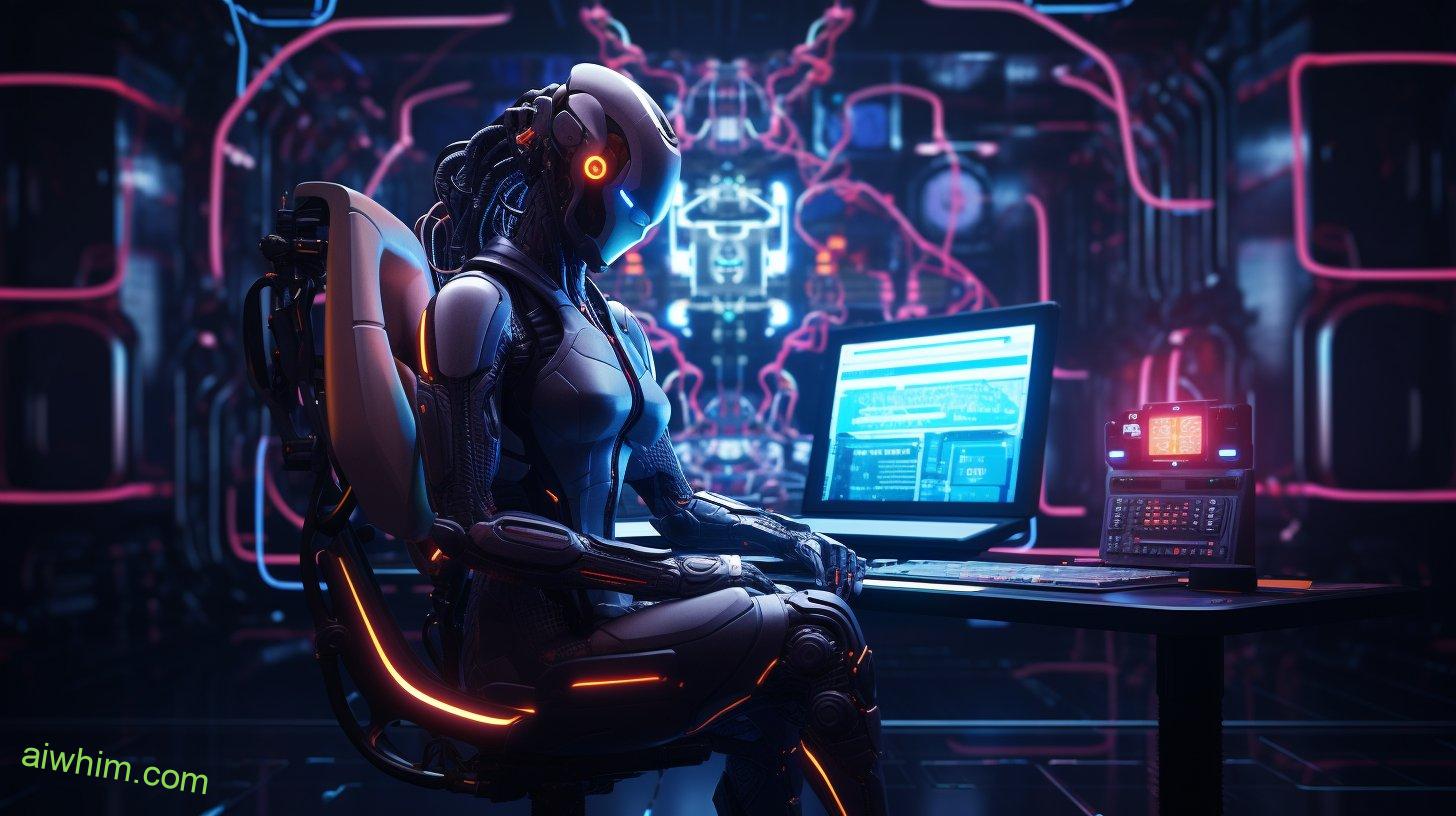
Frequently Asked Questions
How Does AI Technology in Nutrition Work?
AI technology in nutrition uses algorithms and data analysis to provide personalized dietary advice. It analyzes your individual needs and preferences, helping you make informed choices. While AI can assist, it’s unlikely to fully replace the roles of dietitians and nutritionists.
Can AI Provide Personalized Dietary Advice for Individuals With Specific Health Conditions?
Yes, AI can provide personalized dietary advice for individuals with specific health conditions. By utilizing AI technology in nutrition, it can analyze data and create customized plans to meet your unique needs.
What Are the Potential Ethical Concerns or Risks Associated With Relying on AI for Nutrition Guidance?
Using AI for nutrition guidance presents ethical concerns and risks. While it can provide personalized advice, it lacks the human touch and may not consider individual circumstances. Relying solely on AI may lead to inaccurate or harmful recommendations.
How Can Dietitians and Nutritionists Collaborate With AI Technology to Enhance Their Expertise?
Collaborating with AI technology can enhance your expertise as a dietitian or nutritionist. By integrating AI, you can benefit from efficient data analysis, personalized recommendations, and improved patient outcomes. Embrace the potential for growth and freedom in your practice.
What Are Some Potential Challenges or Obstacles That May Arise With the Coexistence of AI and Human Nutrition Experts in the Future?
As AI and human nutrition experts coexist, challenges may arise in terms of collaboration, trust, and maintaining a balance between technology and human expertise. However, with open dialogue and adaptation, these obstacles can be overcome.
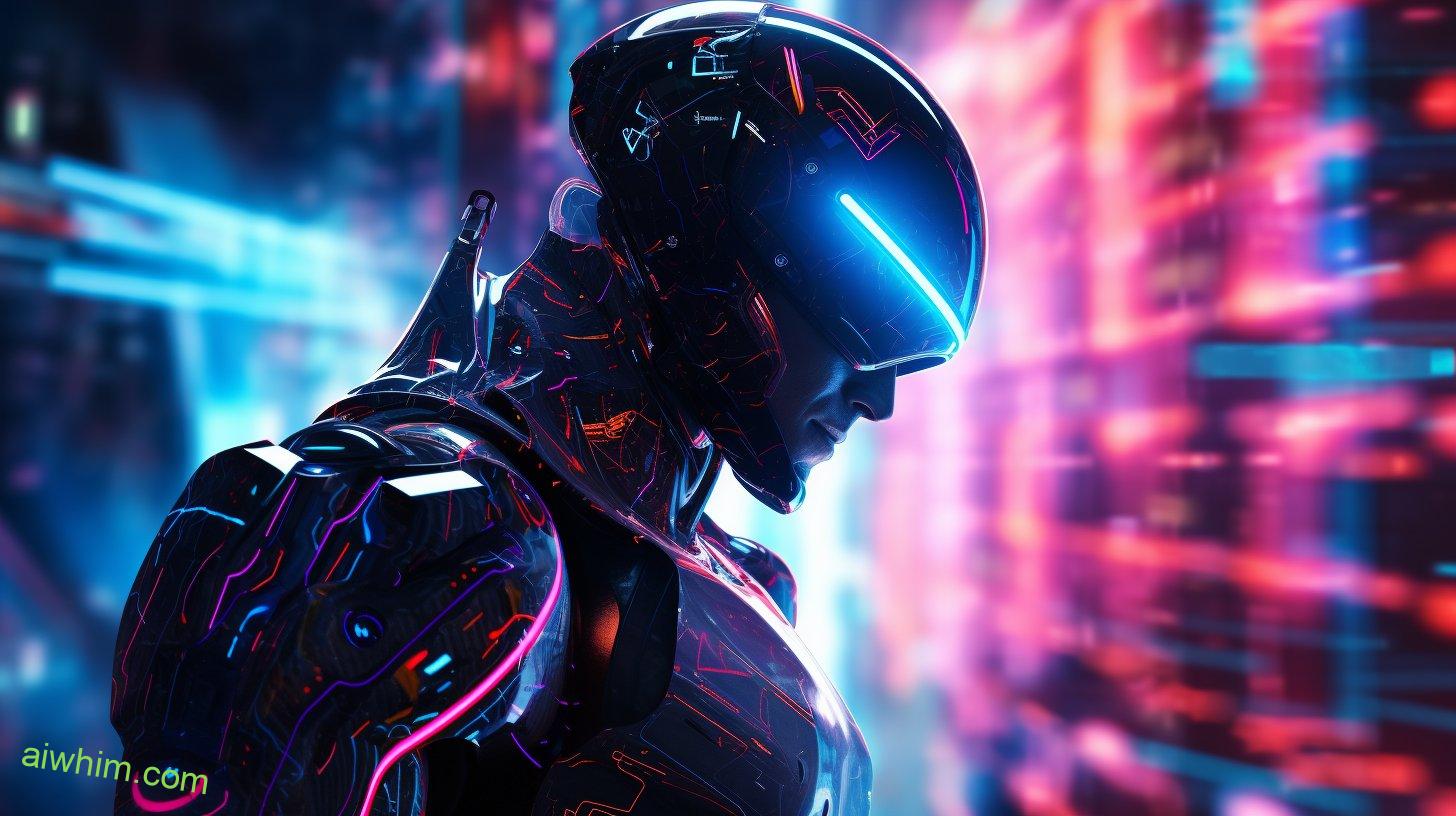
Conclusion
In the future, AI may assist dietitians and nutritionists, but it will never fully replace their expertise and personalized care.
While AI can provide helpful guidance and support, it lacks the human touch and individualized approach that human experts offer.
The coexistence of AI and human nutrition experts will ensure the best outcomes for individuals, with the combination of cutting-edge technology and compassionate care.
So, rest assured, the role of dietitians and nutritionists is here to stay!

